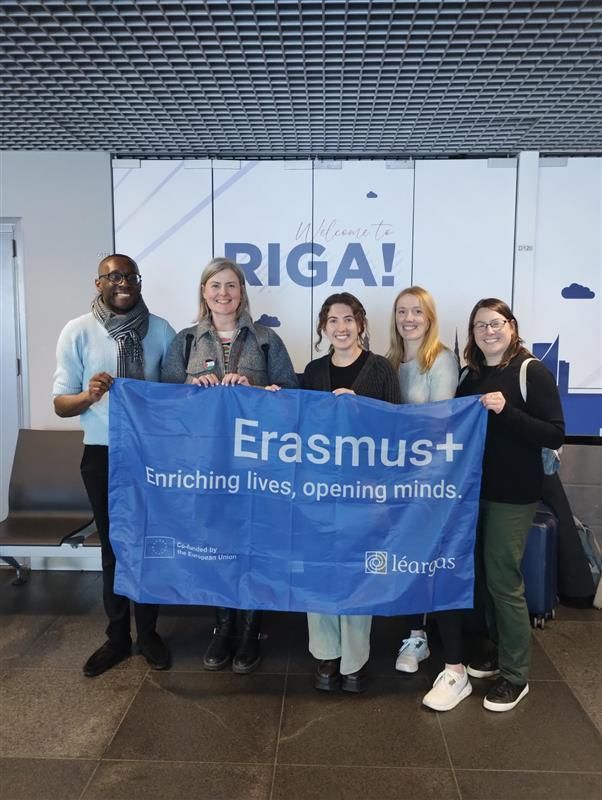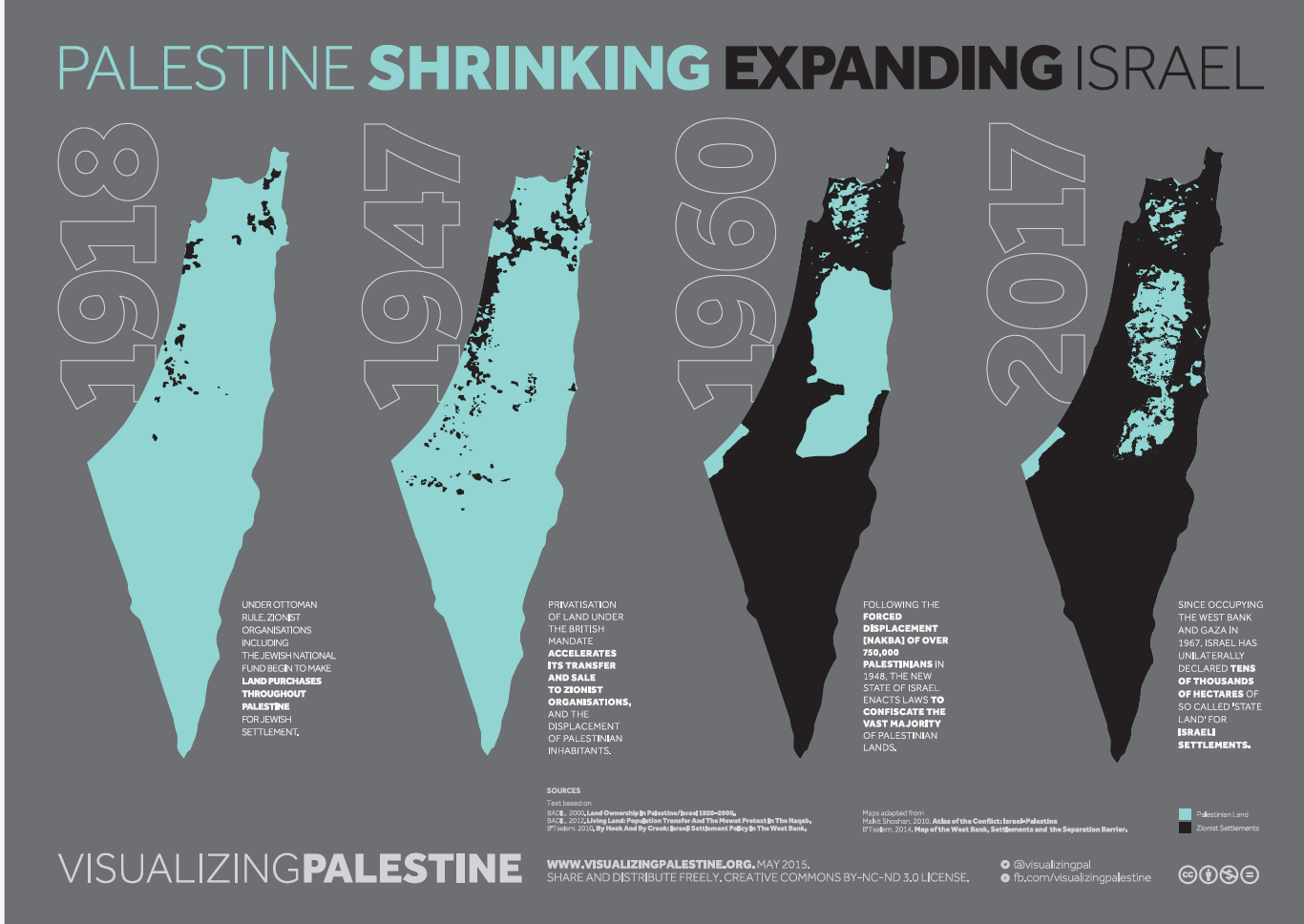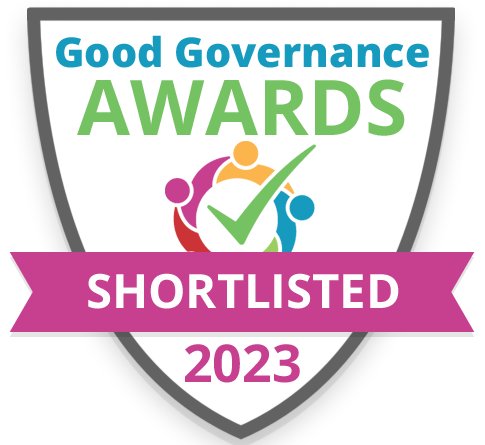Local-Global links in Development Education: the case of housing
Written by Éilis Ryan. Éilis is a development education practitioner and activist, with a particular interest in the area of global finance and development education. She has authored policy papers on housing finance and public solutions to the Irish housing crisis, and was a founding member of the Campaign for Public Housing and the National Housing and Homeless Coalition.
In Ireland and across most countries in the Global North, the past decade has seen an alarming rise in racist narratives and actions. Much attention has been given to the election of and support for Donald Trump in the United States, where a large minority of the population has been mobilised around ‘defending’ an insular and white version of the United States, building both real and metaphorical ‘walls,’ to prevent the entry of newcomers.
In Ireland, similar narratives, often driven by far right, online media coming from the United States, have also begun to take hold. An important starting point in understanding how we might counter this development, is to consider why growing numbers of people find such narratives compelling.
The housing crisis has played a major role in causing disillusionment. Over 60,000 people are waiting for social housing in Ireland, and of those almost 17,000 have been waiting for more than 7 years. A further 60,000 people receive Housing Assistance Payments (HAP) to subsidise their insecure private rented accommodation, because of a shortage of public housing. There are 8,200 people homeless, of whom 2,200 are children. In Dublin, the average tenant in private rented accommodation pays 41% of their income on rent, and 20% of tenants spend more than half their salary on rent. Such levels of exclusion and inequality have provided fertile ground for those who want to promote racist beliefs, by encouraging the idea that the housing crisis is caused by too many people (primarily migrants) competing for too little housing.
Development education, with its aim of building global solidarity and internationalism, has an important role to play in challenging this narrative. In order to persuade people that the racist narrative to explain the housing crisis is not accurate, it is essential we reach and convince those who are targetted by online far right propoganda.
For development education practitioners, the issue of housing, and in particular the impact of global finance on housing, provides a unique opportunity to build a sense of global solidarity amongst learners, and to put forward an alternative narrative around the causes of housing inequality in Ireland – one rooted in global justice, not racism.
Following a period of widespread public housing development in Europe in the 1950s and 1960s, housing became central to the neoliberal project of the 1980s and 1990s. Government policy created new generations of home owners and with that growing mortgage markets, which would play an essential role in both the growth and collapse of the financial bubble in 2008. After the financial crisis, policy makers in the Global North attempted to alleviate recession by pouring capital into the global economy; between 2010 and 2018, government banks in the Global North released $11 trillion into the global financial system.
But rather than being invested in the Global North, much of this money found its way to countries in the Global South, seeking profit and, as it did so, has begun to cause many of the housing inequalities already visible in the Global North. Rather than responding to the absence of decent housing through public investment in public or cooperative housing, in many instances housing needs are being met in the Global South by governments subsidising private development of housing, and by low- and middle-income households accessing mortgages to purchase private housing for the first time – often creating totally unaffordable debt burdens for those households.
In Brazil, for example, the government developed the programme Minha Casa Minha Vida (My House My Life), which resulted in the building of 10s of millions of units of housing. However, critics argue that it was a subsidy for construction firms, and while it facilitated home ownership for many low- and middle-income families for the first time, it did so while burdening them with large, unaffordable mortgages.
Across the global south, schemes providing microcredit and microfinance now mean that ‘affordable housing’ is built on personal debt, not through public investment, which provided much of the public housing in 20th century Europe. In other words, one of the greatest challenges to equality in the Global North – access to secure, decent housing – is beginning to emerge as a major challenge across the Global South. This provides obvious challenges but also, for development education practitioners, a unique opportunity to build meaningful local-global links and solidarity through transformative education.
Éilis led a webinar on Housing inequality, finance and the global south: making local-global links real in Development Education in Ireland, for IDEA in September 2021.
The views expressed in this article are that of the author alone and do not necessarily represent the views of IDEA.
Further Resources:
Fernandez, R. And Aalbers, M. (2020) ‘Housing Financialization in the Global South’
Citizens for Financial Justice (2019) ‘Spotlight on financialisation: Housing’









